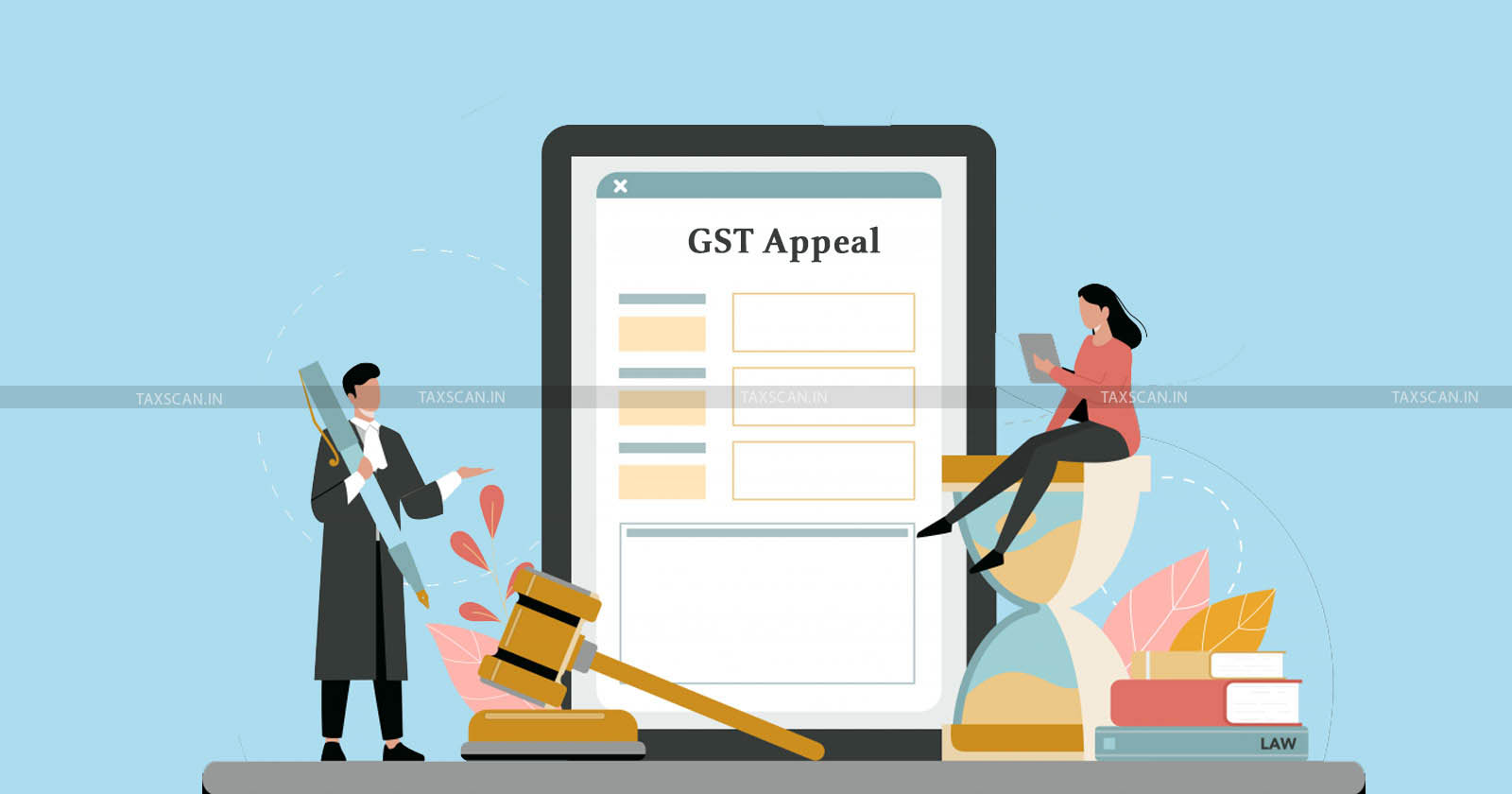Madras HC dismisses Writ Petition as GST payer admitted to Tax liability in a Reply [Read Order]
The Court found that even if the writ petition had been filed within the statutory period, it would not have survived judicial scrutiny due to the petitioner’s unequivocal acceptance of the liability
![Madras HC dismisses Writ Petition as GST payer admitted to Tax liability in a Reply [Read Order] Madras HC dismisses Writ Petition as GST payer admitted to Tax liability in a Reply [Read Order]](https://images.taxscan.in/h-upload/2025/06/24/2053921-tax-liability-gst-payer-writ-petition-taxscan.webp)
The Madurai Bench of the Madras High Court has dismissed a writ petition filed challenging a GST assessment order, citing both delay in filing and admission of tax liability by the petitioner in an earlier reply.
Justice C. Saravanan stated that once a taxpayer admits to the tax liability, a belated challenge to the assessment becomes untenable.
The petition had been filed by Tvl.M.Reddiapatti Industries Sales Society, seeking to quash the assessment order dated 02.01.2024 passed under the Tamil Nadu Goods and Services Tax (TNGST) Act for the financial year 2020-21.
 Also Read:State Cricket Association Cannot Retract Counsel’s Concession: Jharkhand HC Rejects Review on Section 2(15) Applicability Under Income Tax Act [Read Order]
Also Read:State Cricket Association Cannot Retract Counsel’s Concession: Jharkhand HC Rejects Review on Section 2(15) Applicability Under Income Tax Act [Read Order]
The petitioner also sought a direction for fresh assessment. However, the writ petition was filed well beyond the statutory limitation period prescribed under Section 117 of the TNGST Act.
The impugned assessment order made specific reference to the petitioner’s reply dated 06.02.2023 submitted in response to prior notices issued in Form GST ASMT-10, DRC-01A, and DRC-01.
According to the department, in that reply, the taxpayer had accepted the mismatch in reported turnover and agreed to pay CGST and SGST amounting to ₹1,25,659.57 each. However, the petitioner had paid only ₹85,693 towards CGST and SGST, leaving a balance outstanding.
The order also pointed to a clear mismatch between the turnover reported in the petitioner’s GSTR-1 and GSTR-3B returns, amounting to ₹16,44,168.80, which directly led to underpayment of tax. The discrepancy was evident, and the taxpayer's own admission in the reply was relied upon to justify the assessment.
The Court found that even if the writ petition had been filed within the statutory period, it would not have survived judicial scrutiny due to the petitioner’s unequivocal acceptance of the liability.
The court noted that “This writ petition, therefore, is dismissed not only on the ground of laches but also because the petitioner has admitted to the tax liability in a reply dated 06.02.2023.”
Accordingly, the Court dismissed the petition and the connected miscellaneous petition, without imposing any costs.
 Also Read:RTI Appeal Over GST Appeal Data Dismissed: CIC warns CPIO of GST Appellate Office for Ignoring Hearing Notice [Read Order]
Also Read:RTI Appeal Over GST Appeal Data Dismissed: CIC warns CPIO of GST Appellate Office for Ignoring Hearing Notice [Read Order]
Support our journalism by subscribing to Taxscan premium. Follow us on Telegram for quick updates


